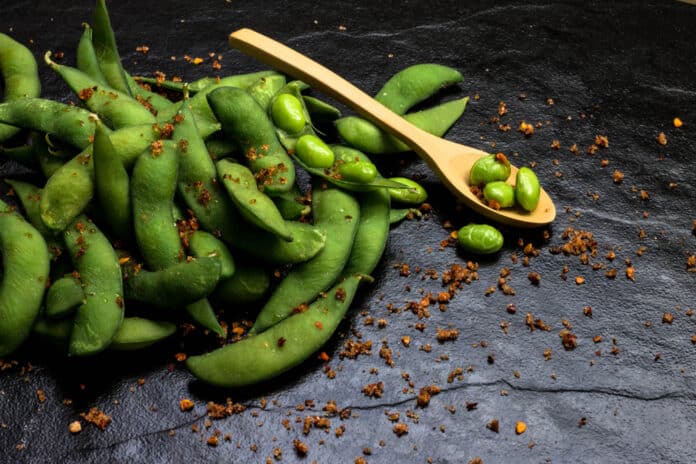
If you’re into bodybuilding or getting in shape, protein is one of the few nutrients you’d have to increase in your diet because it has a lot of benefits. It can serve as a substitute for carbs, reduce muscle loss, promote injury recovery, lower your blood pressure, and increase your metabolism.
Unfortunately, as beneficial as protein is, many people believe that its primary source is meat. In this article, we will discuss some of the seven other protein sources you don’t know.
Hemp Seeds
Hemp seeds are harvested from hemp plants in the cannabis family. However, the manufacturers don’t add any psychoactive compounds like THC or CBD. Hemp seeds are widely available; you can buy them at any grocery store or health food store. You can also throw them into any dish, from soup to salad to granola and smoothies.
Amaranth
This gluten-free grain contains all of the nine essential amino acids your body will ever need. In addition, amaranth, when cooked, has a nutty, mild flavor and a consistency similar to polenta. It also contains 9 grams of protein per cup. It’s excellent in grains and muffin bowls but also works in desserts.
Pumpkin Seeds
Although pumpkin seeds are most commonly associated with Halloween, they are available throughout the year. A quarter cup of pumpkin seeds, also known as pepitas, provides 8 grams of protein and most of the magnesium nutrients you’ll need daily. Use them as a topping for granola, salads, or trail mix. You can also eat them on their own.
Black Beans
Black beans, also known as frijoles negros, are an excellent source of protein, and they are also a good source of calcium, vitamin A, and folate. Additionally, they contain magnesium, potassium, and iron. Although they are commonly eaten with tacos, black beans are a fantastic addition to grain bowls, vegetarian chili, and roasted sweet potatoes.
Sunflower Seeds
A quarter cup of sunflower seeds has 7 grams of protein, which gives them the ability to shore up your energy reserves. You can buy them unshelled and use them in granola and trail mix, and they’re also great in salads and yogurt. Besides their nutritional value, sunflower seeds are a good copper and vitamin E source.
Chickpeas
There are 7 grams of protein in a half cup of chickpeas. They pair well with various dishes, including salads, soups, curries, and pasta. They are great for snacking when roasted, and you can also make hummus by blending them with other ingredients. The protein content of chickpea flour also exceeds that of all-purpose flour. You can use it as a pancake topping or use it for breading.
Edamame
Unlike animal protein, the protein found in plants can be a good source of fiber. The amount of protein and fiber in half a cup of edamame pods is 9 grams and 4 grams, respectively. Green soybeans are rich in antioxidants, anti-inflammatory phytochemicals called isoflavones, and vitamins A and B. Edamame is a fantastic protein-rich snack or foundation for stir-frying.



















